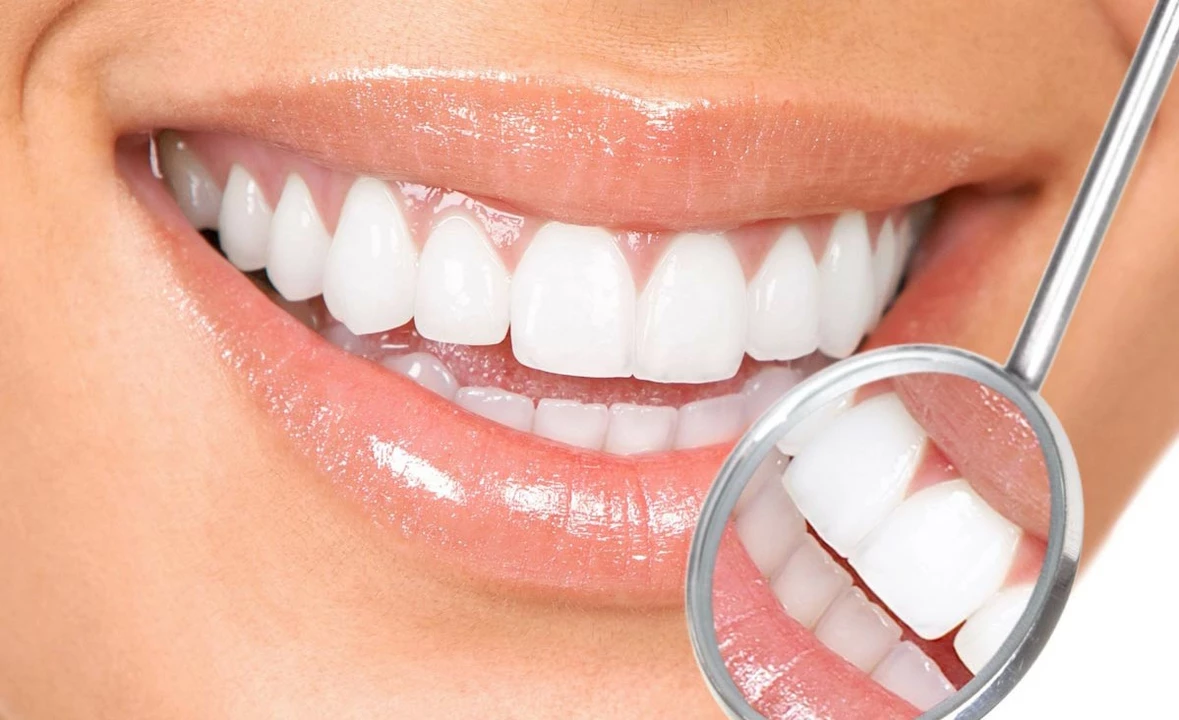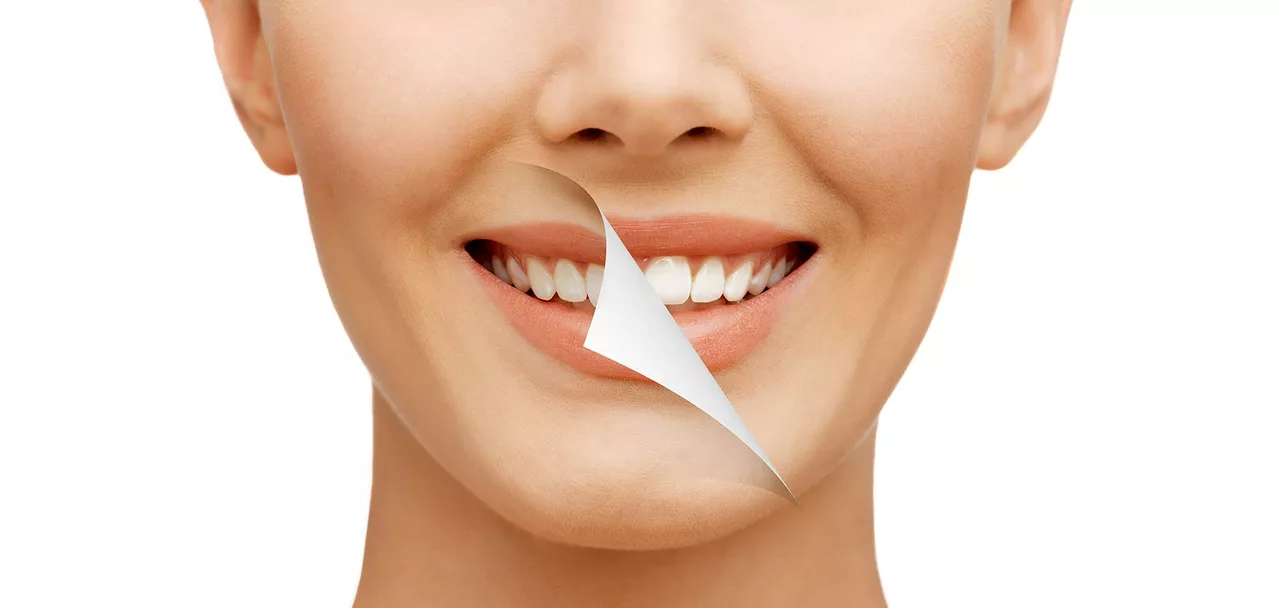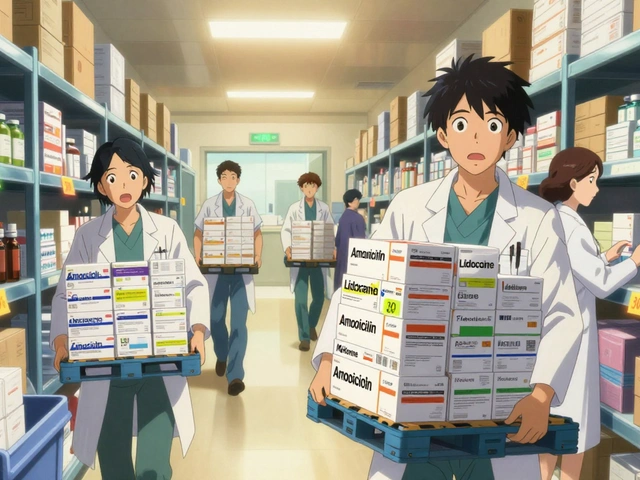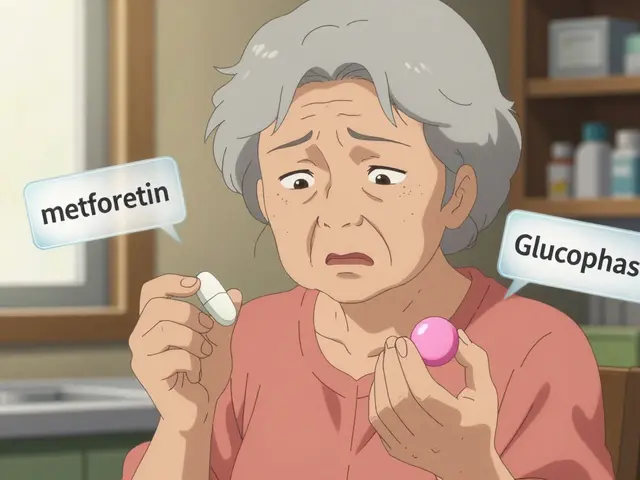Hydroquinone: What It Is and Why People Use It
Hydroquinone is a topical ingredient that reduces skin pigment. People use it for age spots, melasma, and post-inflammatory hyperpigmentation (dark marks after acne or injury). It works by slowing the enzyme that makes melanin, so existing dark spots fade and new ones form less easily.
How to use hydroquinone correctly
Lower strengths (2%) are often sold over the counter; higher strengths (4% and above) usually need a prescription. Apply a pea-sized amount to clean, dry skin once or twice daily as directed. Use sunscreen every morning—hydroquinone makes treated skin more likely to darken again if you get sun exposure. Expect to wait 6–12 weeks to see clear results; stopping early can bring spots back.
Do a patch test first: put a small amount behind your ear or on your inner arm for 48 hours to check for irritation. If redness, severe itching, or blistering appears, stop using it and talk to a clinician.
Side effects and safety tips
The common side effects are mild: redness, irritation, dryness. Rare but serious is ochronosis, a stubborn blue-black darkening that can happen with long-term or heavy use, especially at high concentrations. To lower risk, follow a doctor's instructions, avoid continuous use for more than a few months, and use sunscreen daily.
Avoid mixing hydroquinone with harsh chemical peels, strong acids, or aggressive exfoliants without medical advice—combining them can increase irritation and damage. If you are pregnant or breastfeeding, ask your provider before using it; many clinicians avoid hydroquinone in these cases.
Store hydroquinone in a cool, dry place away from direct light. Some formulas come in opaque tubes because light breaks down the ingredient.
If you order hydroquinone online, stick to reputable pharmacies and check that higher-strength products require a prescription. Counterfeit or poorly made creams can harm your skin.
Not seeing improvement after three months? Stop and consult a dermatologist. They may suggest a stronger prescription, combination therapy (like adding tretinoin or a mild steroid for melasma), or a different approach.
Prefer non-hydroquinone options? Azelaic acid, kojic acid, vitamin C serums, and certain retinoids can also help lighten spots with a lower risk profile. Chemical peels and laser treatments are options when topical treatments fall short, but they work best under a specialist's care.
Bottom line: hydroquinone can be very effective for stubborn dark spots when used carefully. Use sunscreen, patch test, follow concentration and duration guidance, and check with a dermatologist if you have concerns or darker skin tones where risks differ.

Hydroquinone and oral health: Can it help with tooth discoloration?
I recently came across an interesting topic about Hydroquinone and its potential benefits for oral health, specifically tackling tooth discoloration. Hydroquinone is actually a popular ingredient in skin lightening products, but it's fascinating to see how it could help with teeth whitening as well. From what I've read, it seems that Hydroquinone has the ability to break down and remove stains from our teeth, resulting in a brighter smile. However, it's important to note that more research is needed to fully understand its effectiveness and safety in oral care products. I'll definitely be keeping an eye out for more information on this promising solution for tooth discoloration!
Detail
Hydroquinone and oral health: Can it help with tooth discoloration?
I recently came across some information on Hydroquinone and its potential effects on oral health, particularly tooth discoloration. It turns out that Hydroquinone, a common ingredient in skin lightening products, may have some benefits in addressing tooth discoloration issues. Studies are still ongoing, but the initial results seem promising. I think it's fascinating how a chemical primarily used for skincare purposes could potentially improve our smiles. I'll definitely be keeping an eye on this topic and sharing any updates I find!
Detail




